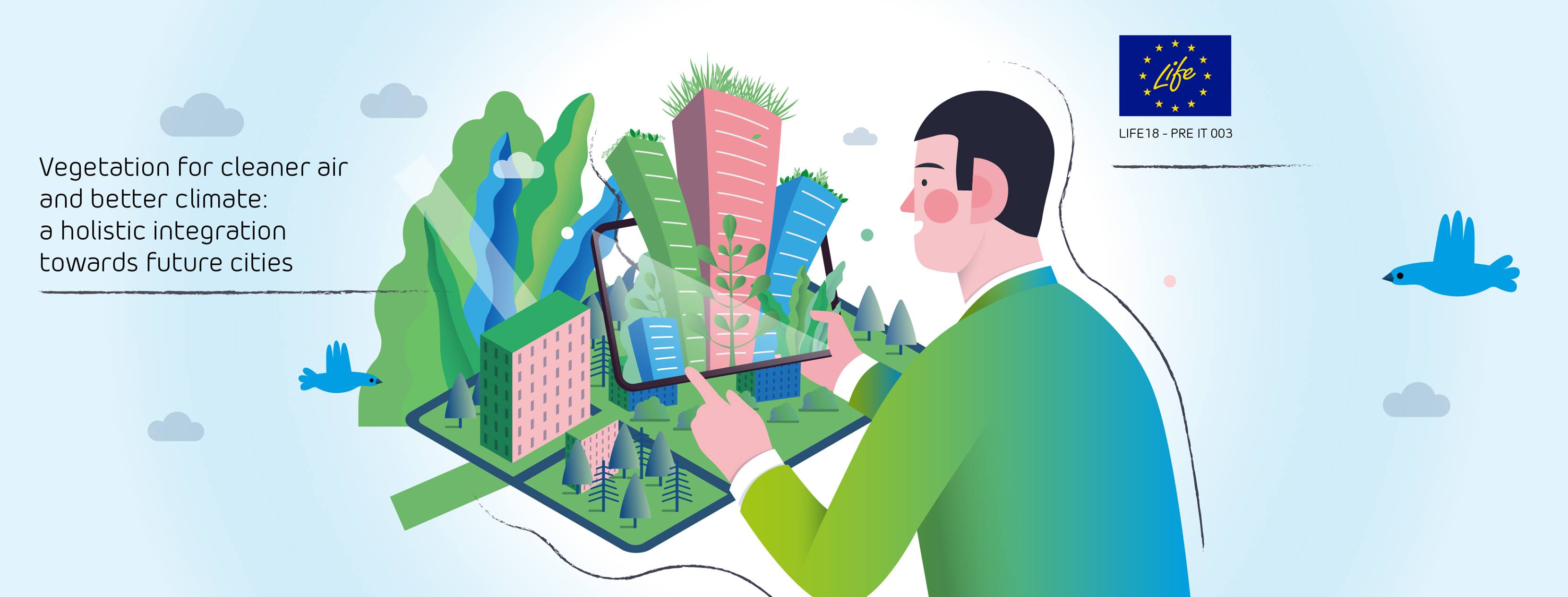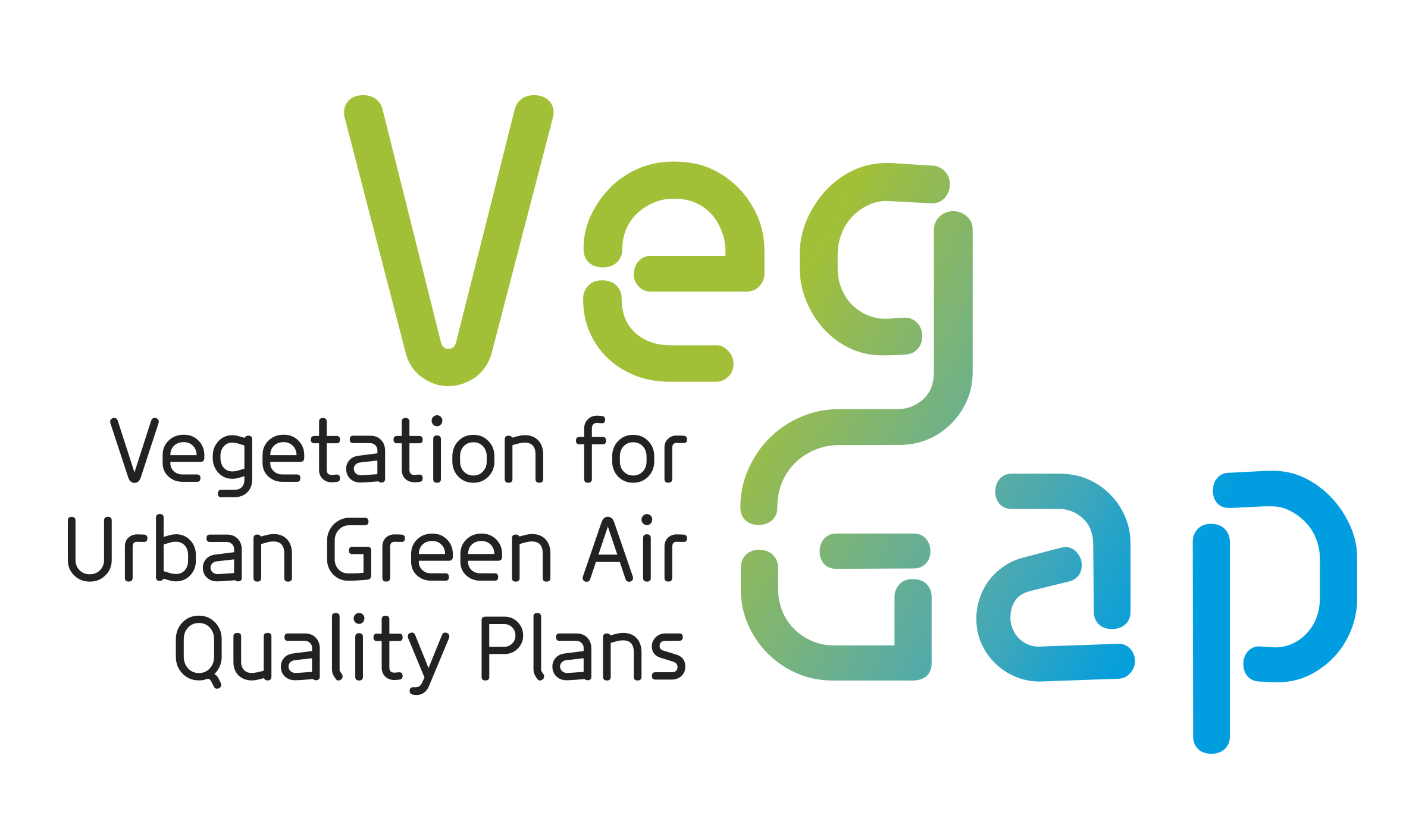VEGETATION FOR URBAN GREEN AIR QUALITY PLANS

The VEG-GAP project works on developing a strategy for providing new reliable information in support of designing urban Air Quality Plans (AQPs) considering the urban vegetation ecosystems characteristics such as plant type and state, green area extension, etc.
The multiple vegetation ecosystems services will be evaluated in an integrated way through multi-scale and multi pollutant approaches resembling the real-world as much as possible.
The vegetation ecosystems contributions both as a sources and sinks of air pollution, its effects on air temperature and further impact on air quality will be simultaneously investigated.
This will contribute to a better understanding and evaluation of the possible risks and benefits for human health and ecosystems themselves associated with air pollution changes induced by vegetation/ecosystems changes which is another project objective.
Bologna, Madrid and Milan are the cities where the work will be implemented.
The main project aims are:
- to make available for the first time a framework of instruments (guidelines, support tools and information platform) that consistently consider the linkages between air pollution and vegetation characteristics in the development of effective control strategies
- to provide recommendations for improving the legislation aimed to maintain and improve air quality in European cities


